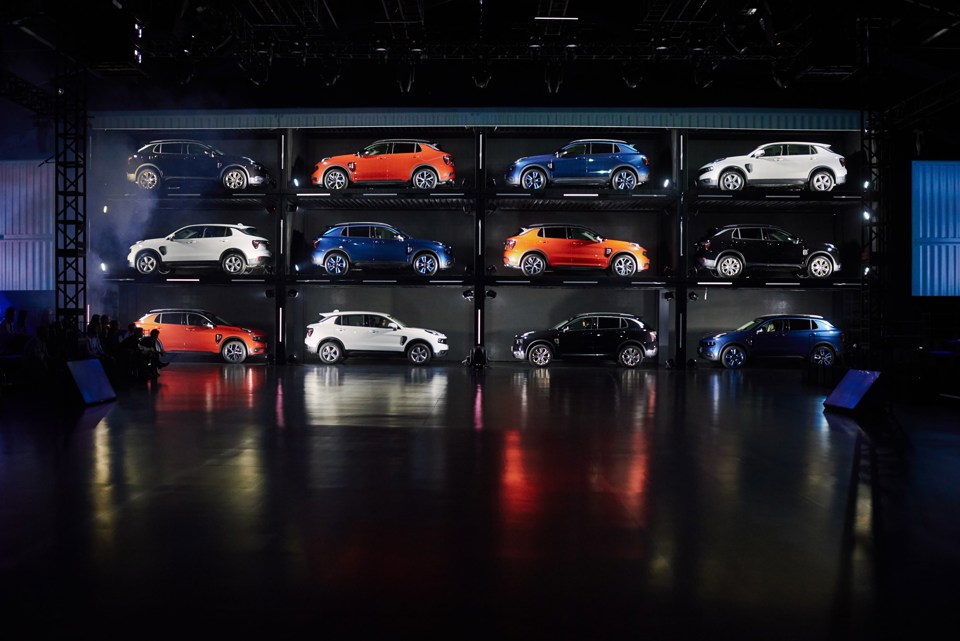A report commissioned by ICDP, the international automotive distribution researchers, suggests that mobility as a service will only ever be a niche offering and car ownership will prevail for the majority of drivers.
Gareth Arnould, ICDP senior research/consultant said that based on the research it predicts that in the next five to 10 years, the European car market, including the UK, won’t see the end of the personal car, even if that car may be financed in some form.
The omnibus survey by YouGov of 6,000 consumers across Europe showed that awareness of alternative forms of mobility is generally low, even in the cities where they are already operating and for those who are interested, their service expectations would be higher than current offers.
The survey focused on car sharing schemes (such as Zipcar or Car2Go), subscription schemes (such as Porsche Passport, or Book by Cadillac), and fully-inclusive leasing over a two-three year term (such as Peugeot’s “Just Add Fuel” offer in some markets).
Fully-inclusive leases are the most recognisable, with 40% of consumers having heard of them, while the relatively new subscription schemes are the least recognisable, with 15% of people being aware that such schemes exist.
Car sharing falls between these, with 23% of the total sample cognizant of their existence. In the capital cities of Berlin, London, and Paris, where car sharing schemes are already well established and vehicles are readily seen while walking around, awareness is higher (35%, 33% and 34% respectively).
Interest in fully-inclusive leases, which score the highest, and are most similar to existing ownership models, saw 37% of the sample saying they were interested or very interested in using a fully-inclusive lease in the next five years.
For car sharing and subscription schemes, 28% of people were interested or very interested in using such as scheme in the next five years.
Unrealistic expectations
However, the ICDP research shows many people have unrealistic expectations around features of the schemes, and how much they will cost.
Just over three quarters (76%) of those who expressed an interest in using car sharing schemes in the next five years said that, if they were to use car sharing, it would be important or extremely important that there would always be a car available to them at peak or busy times.
Arnould said that at an operational level, this is unrealistic as fleets would need to be sized to meet this demand, resulting in poor utilisation rates at non-peak times and increased costs.
At the same time, 75% of the same group said that being able to leave the car somewhere else other than where they picked it up would be important if they were to use car sharing.
Key considerations for using a subscription scheme are that the scheme offers a range of brands, with 39% finding this important, that there are a range of different model segments available to switch between, with 47% finding this important, and that they could frequently switch between vehicles (i.e. every 3 to 4 weeks), with 28% finding this important.
Arnould said: “This raises questions about who will be best placed to offer an appealing subscription service – a wide product offer and frequent switching sounds more appropriate for a daily rental company than a car manufacturer?”
For consumers to use a fully-inclusive lease, the offered service must be fully inclusive, including additional services such as limited use of public transport, car sharing, or short-term use of other models.
Of those surveyed 43% said that, if they were to use an inclusive lease, having a limited number of day’s free rental of other models of car from the same brand would be important or very important (37% for including public transport, and 29% for including car sharing). ICDP said these expectations could be relatively easily provided by a car manufacturer, their dealers and other partners.
Majority don't expect car sharing to replace their main or second car
Despite all of this, few people can see alternatives to ownership as replacing an existing car.
Just 15% could see car sharing as replacing a main or second car, although 9% think some of their existing car usage could be reduced by car sharing schemes, and 16% could see car sharing schemes replacing some of their public transport usage instead.
Fully-inclusive leases are unsurprisingly the most likely type of scheme to replace traditional ownership, with a quarter of drivers believing that they could swap one of their existing cars for a fully-inclusive lease.
At the same time, expectations around what such schemes are going to cost are unrealistic.
Three in five from ICDP’s sample who think they have an idea of their current costs of running a car, their price expectations are that these schemes will be lower than their current experience – especially for car sharing.
In the UK, where forms of private lease based on monthly payments (“PCP” and “PCH”) dominate the new car market, while car sharing is expected to be cheaper than ownership, many understand that using a subscription scheme or a fully-inclusive lease (potentially with additional benefits) may not be.
Arnould said: “All of this suggests that, ignoring current issues around profitability and viability of existing schemes, consumer interest in using alternatives to ownership comes with a number of strings attached, such as overcoming low awareness and interest levels, and high expectations on service levels combined with lower costs than ownership.”


















Matt - 06/07/2018 09:50
So an organisation representing car dealerships commissions a study and finds that people will still want to buy cars from them? Astonishing conclusion!